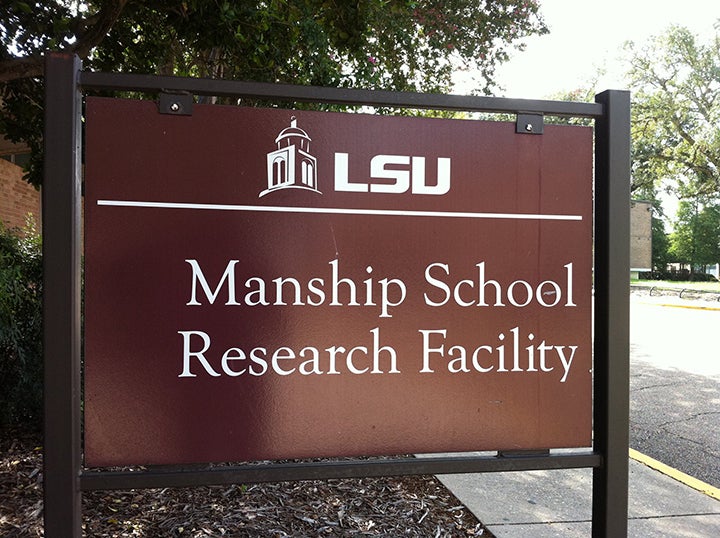Most residents see danger of coastal land loss impacting future generations; fewer expect to be affected themselves
Published 12:00 am Saturday, April 16, 2022
|
Getting your Trinity Audio player ready...
|
Researchers in the Public Policy Research Lab (PPRL) at LSU’s Reilly Center for Media & Public Affairs in the Manship School of Mass Communication found most Louisianans believe land loss will cause harm to residents of the state’s coastal areas and Louisiana’s coastal land loss poses a threat to future generations. Additionally, most state residents believe hurricanes are more frequent and stronger than in the past.
The 2022 Louisiana Survey includes two distinct efforts to sample residents of the state and conduct interviews. The Louisiana Survey polled 508 adult residents through traditional telephone-based surveys from across the state to find out how Louisianans view their government and its policies. The survey was conducted from Feb. 21 to March 14, 2022, and the total sample has a +/- 5.8 margin of error. Additionally, the Louisiana Survey polled 623 adult residents in a survey administered online. The survey was conducted from March 1 to March 21, 2022, and the total sample has a +/- 6.1% margin of error. The primary report is based on the traditional telephone-based portion of the study.
Findings from the second of six reports indicate the following opinions on coastal land loss, hurricanes and flooding, as well as residents’ opinions on policies aimed at mitigating flood risk:
- Eighty-five percent (85%) said land loss will cause a great deal of harm or a moderate amount of harm to residents of coastal areas in the state, while 73% said it would cause harm to residents across the state as a whole. Similarly, 84% said coastal land loss in Louisiana poses a threat to future generations, but 63% said it will hurt their own generation. Only half of state residents expect land loss to cause harm to them personally.
- Two-thirds of respondents (67%) said hurricanes impacting the state are stronger than those of the past. Nearly as many (62%) said the number of hurricanes impacting the state has increased. Fewer (43%) said flooding in their local community is more common than in the past.
- Majorities support elevation requirements for new construction in areas at high risk of flooding (87%) and paying property owners to elevate existing buildings in these areas (62%). A majority opposes raising insurance rates for properties in these areas (58%). Opinion is more closely divided over requiring owners of existing properties to raise them, prohibiting new construction in these areas, and paying residents of areas at risk of flooding to move to safer areas.
The Louisiana Survey has been conducted for the last 22 years, establishing rich longitudinal measures of public opinion in Louisiana. The mission of the Louisiana Survey is to establish benchmarks as well as to capture change in residents’ assessments of state government services. The survey is further dedicated to tracking public opinion on the contemporary policy issues that face the state. Each iteration of the Louisiana Survey contains core items designed to serve as barometers of public sentiment, including assessments of whether the state is heading in the right direction or wrong direction, perceptions about the most important problems facing the state, as well as evaluations of public revenue sources and spending priorities.
The survey is a project of the Reilly Center for Media & Public Affairs, an integral part of the LSU Manship School of Mass Communication. The Reilly Center’s mission is to generate thoughtful programs, dialogue and research about mass communication and its many-faceted relationships with social, economic and political issues.
Read the second Louisiana Survey report in full at https://www.lsu.edu/manship/research/centers-labs/rcmpa/research/la_survey.php. For more information, contact acharbonnet1@lsu.edu.
LSU’s Public Policy Research Lab is a joint effort of the Manship School of Mass Communication’s Reilly Center for Media & Public Affairs and the College of Humanities and Social Sciences at LSU. It provides a variety of services including survey research, ‘big data’ analytics, social media tracking, and focus group interviews. The Lab combines professional capability, the latest data technologies, and the variety of intellectual assets available at LSU to serve our clients’ research needs.





